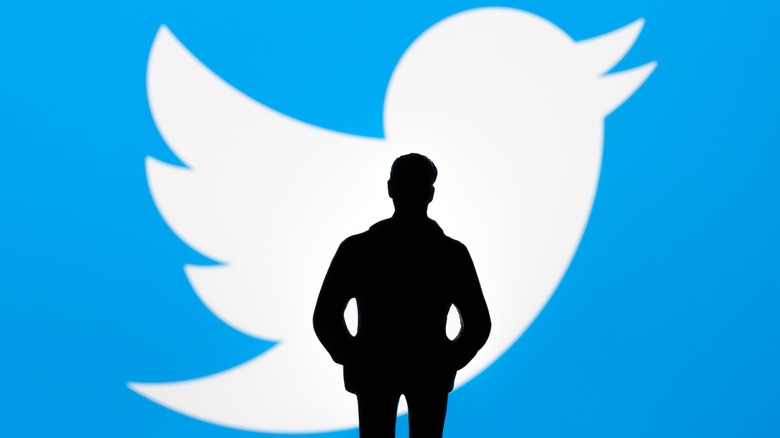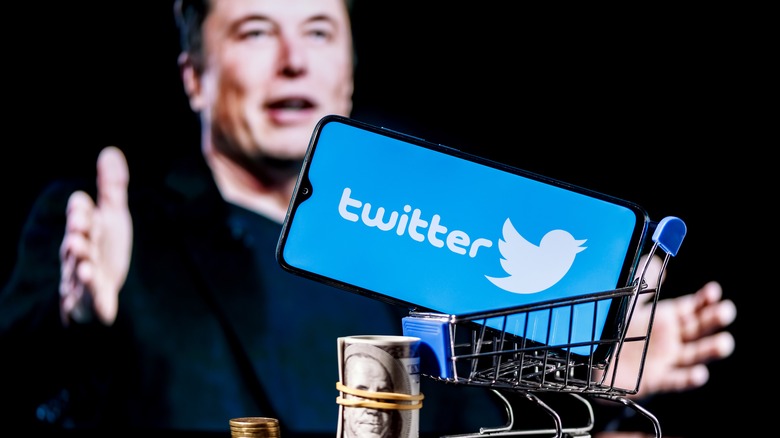Major Gaming Companies Impersonated After Twitter Verification Changes
Ever since Elon Musk bought out Twitter for 44 billion dollars, the social media site has seen a lot of rapid changes. One of the most publicized and controversial changes was the verification system. In the past, Twitter would give certain users a checkmark next to their name if they could verify their identity — this was especially important for public figures and government officials. If someone made a fake account for Ron DeSantis, for example, this system would let users easily tell which was the governor's real account and which was an impersonator or parody.
All of that has changed with Musk's acquisition of Twitter. For a short while, users could pay $8 per month to have a blue checkmark next to their name, bypassing the entire verification process. Though Twitter has flip-flopped on whether the system will continue to be available. As of right now, it's only available on iOS. The checkmark's purpose is to identify real accounts, and being able to purchase one rather than earn one has led to some notable instances of users impersonating public figures.
People aren't the only ones being impersonated, though, as now several gaming companies have been victim to these accounts posting "official" information under their names, too — including Valve, Nintendo, and Twitch, among others. Gaming companies being impersonated is far from the end of the world, but these false "official" accounts are part of a much larger problem Twitter faces with its new policy: the rapid spread of misinformation.
Misinformation - and parody - through Twitter verification
A parody Twitch account posted a very official looking message that detailed a new split scheme, even linking to the Twitch.tv page to make it look more real, possibly as a response to Twitch's upcoming streamer payment changes. The handle made it obvious this account is a parody, though others aren't quite so transparent.
Another account impersonated Nintendo of America with the handle @nintendodoofus and posted a picture of Mario flipping off the viewer. Thanks to the checkmark and relatively realistic handle, it might be hard to tell whether it's real or not — if it wasn't obviously something Nintendo wouldn't post.
Valve was also impersonated by a user who barely misspelled Valve Software in the handle for the false account. This account "unveiled" a sequel to "Ricochet," a 2000-era Valve game that did poorly, to say the least. The checkmark, handle, and information partially based in reality made the post more believable.
Though most of these tweets and accounts have since been taken down, they show just how incredibly easy it is to manipulate this new system, hijack an identity and convince users the account and information coming from it is real. As user @vx-underground put it, "a simple $8 investment can result in thousands of dollars being stolen," in reference to an account that impersonated Twitter itself and scammed users with a fake link that promised a free NFT.


